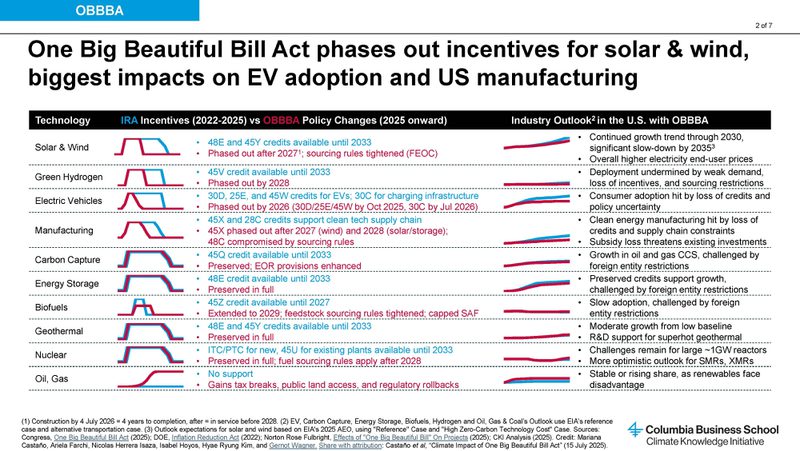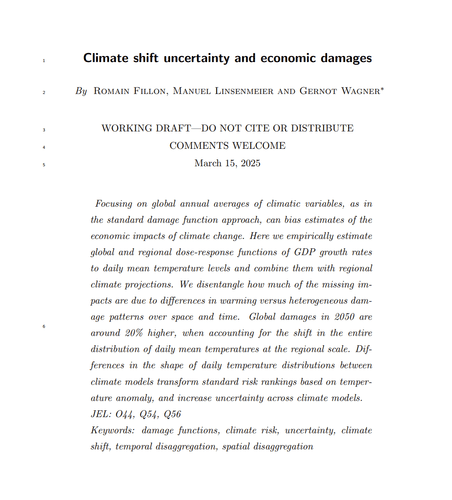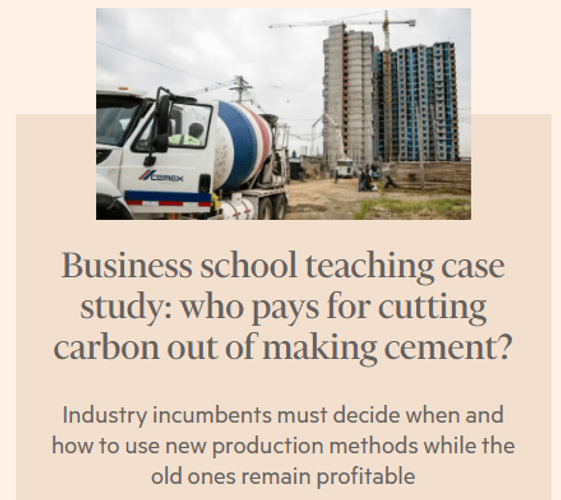Climate Economics Nobel May Do More Harm Than Good
By Marlowe Hood/Agence France-Presse
Quotes in AFP story on the social cost of carbon, together with Bill Nordhaus, Joe Stiglitz, Ken Gillingham Michael Mann, and Johan Rockström:
For Gernot Wagner, an economist at New York University who has spent much of the last decade forging an alternative approach to the economics of climate change, it is a matter of timing.
"If he had won the Nobel Prize 20 years ago, it would have helped climate policy," Wagner told AFP, adding that Nordhaus "absolutely" deserved the award.
"But the fact that he won it two years ago is, in many ways, a step back."
Social cost of carbon
"If there's a holy grail of climate economic analysis -– a single number that attempts to summarise the immense complexities of climate change -– it's the 'social cost of carbon'," said Wagner.
Nordhaus was the first economist to apply a cost-benefit analysis to global warming by, in his words, "weighing the cost of reducing emissions and slowing climate change, on the one hand, with the reduction in damages, on the other."
How much, in other words, are we willing to pay today to avoid climate impacts 50, 100 or 200 years from now?
To make that calculation, Nordhaus needed to put a price on something that had never been given a dollar value: a tonne of CO2 pollution.
'Discounting' future generations
For Nordhaus, that magic number is about $40 a tonne, and should rise gradually over time as the global economy transitions from brown to green.
"It was crucial in determining the US social cost of carbon under Obama. This in turn was used, at least indirectly, as a benchmark for the US commitment under the Paris Climate Agreement and the Clean Power Plan," said Wagner.
But while Nordhaus is celebrated, even by his critics, for pioneering the concept, the way he applied it has been found wanting.
A new model
[...]
In the end, the most stinging rebuke to Nordhaus' Nobel may come from within his own tribe, where an alternate school of thought grounded in financial economics risk analysis that looks at emitting CO2 much like it would at other financial decisions -– thus treating CO2 as an asset, albeit one with a negative payoff.
"It's an asset that might kill us, so we need to evaluate its negative effect," said Wagner, co-author with Robert Litterman, a former top risk manager at Goldman Sachs, of a recent study arguing the case.
"Nordhaus' DICE model implicitly assumes that climate damages are worse when we are richer, and that we should start low and increase the price of carbon over time," said Wagner. "But what if climate change makes us poorer every step of the way?"
There are by now dozens of economic studies, he pointed out, showing how global warming is already hitting growth rates and productivity.
"We don't argue against DICE's conclusions with the force of an ethical argument, we offer a new model that calculates a price of CO2 by taking the financial economic view seriously," Wagner added.
"And that price is not the $20, $30 or $40 that Bill comes up with. In our model, we can't get our price below $120 a tonne."
For the full story, see: Barron's, France24, International Business Times, Phys.org, Yahoo! News, among others.
Also see, for example: "Pace of Climate Change Sends Economists Back to Drawing Board" by Lydia DePillis, New York Times (25 August 2022). And e.g.: "Economics Needs a Climate Revolution" with Tom Brookes, Project Syndicate (28 June 2021).


